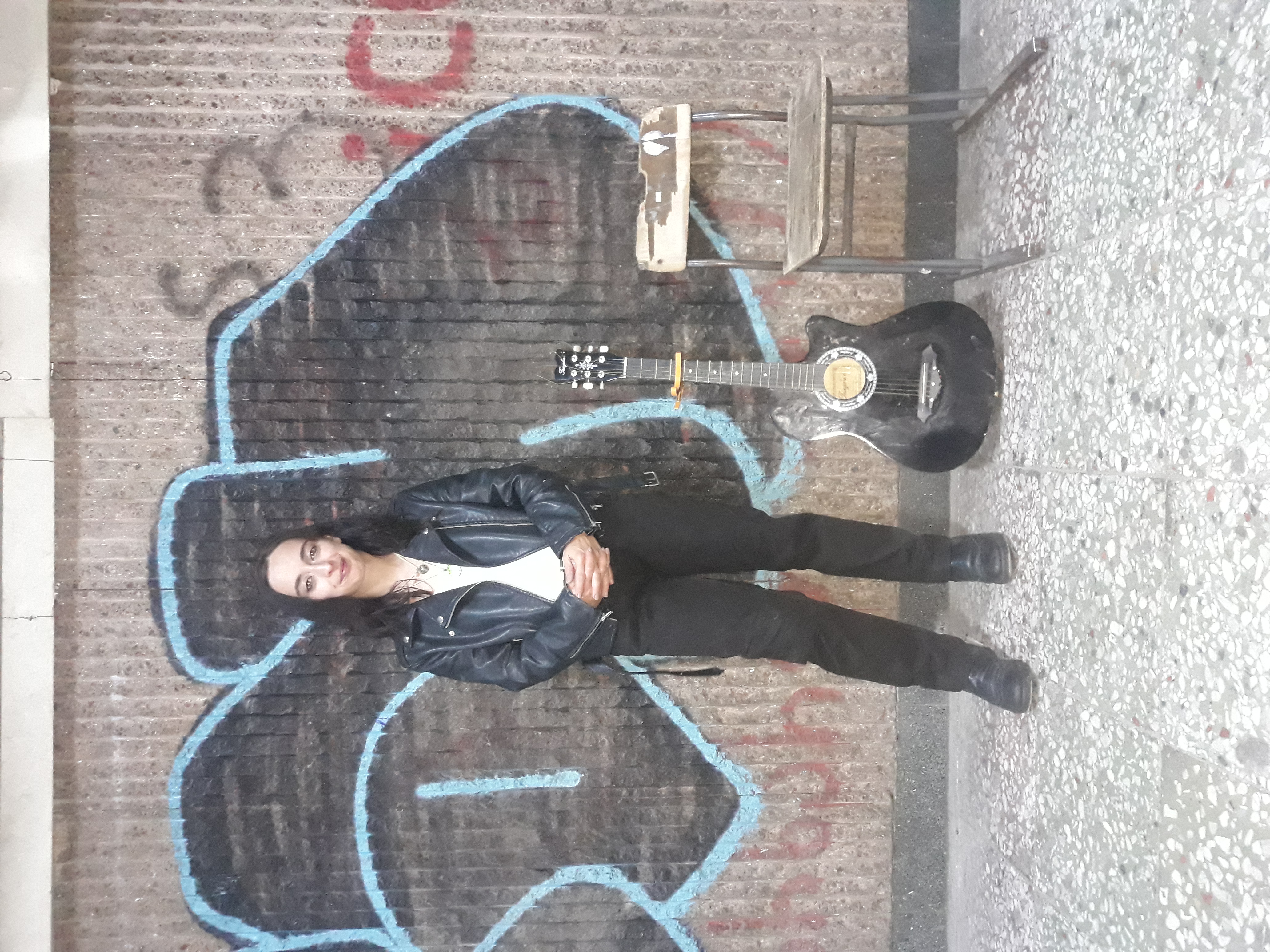Monocultura
2 Aug 2021
Tbilisi, 28 of July, 2021
It all start after the rain calms down.
The day is not yet lost to the apathy of the summer days: movies are too long to marathon on, books induce bulimia, and music deserves a break.
Ahead of my intentions lies Mtasminda, the sacred mountain overlooking Tbilisi.
I find it difficult to describe what Mtasminda is, at least to myself. Apart from a constant and comfortable presence of the TV tower anchored on its summit, perennially lit in technicolor at night, or the soviet Ferry Wheel with its saturated lights. Mtasminda it is connecting mountain, fully walkable. It gives the opportunity to admire, pity, reflect on the city’s transformations, its health, or more simply its state of being.
The route to the top on a summer day is pruned of human life: a shy couple, a lone man listening to music, the traffic noise is quasi non existent, the air is clean, the smell of summer shocks me from my apathy, the city feels more digestible, more accessible.
Once reached the top, in order to continue my stroll towards Narikala, is necessary to access the Park: a demodé institution with little to offer but Potemkin scenery and entertainment. Its ground is covered by steps of Arabs, and eastern European tourist.
There is nothing for me there, I keep walking, the routes signs appears finally towards Narikala Fortress.
Again the masses of people dissolve, and again I found a shy couple, a guy running to the rythm of his music, an emptied atmosphere.
It’s mostly an olfactory walk, at moments is possible to admire the few villas: ecomonsters on the distance.
From the lush, the descent towars the city opens the way to Modernist architecture, perched, almost suspended, and forgotten by the XXI century house development craze. Balconies covered in vines, roses, wisteria.
The roads descend luxurious to the lower grounds: more bars, and more bars, and more bars, and restaurants: shiny and somehow dull spaces encrusted in old majestic walls.
A movie is being shot. Traffic diverted. Noise and smog. A hidden old school cellar still survives underground.
The night arrives.
II.
On Thursdays nights, the alternative scene in Tbilisi at Budka organizes eclectic and enjoyable jam sessions: punk, and post punk crafted in the 90’s Georgia, hip hop with too much of a literary ambitions, a rocker mother and her daughter, was on the menu today.
A nocturnal water park, would not be a bad idea to have in this city I think as a kid signs “let’s go to the water park, let’s go, let’s go to the water park, I wanna go, I wanna go to the water park”.
However is not the catchy, schizophrenic jam session that steals my attention.
The scene is mostly attended by the Russians, and other Russian speaking communities living in town, few other Europeans, English speaking ones, and a handful of Georgians.
I can’t avoid to think that there is something mannerist among the Russians who hang out in their enclaves in Tbilisi.
What kind of manner, whose? A bit of soviet decadentism from the 80's mixed to a strong desire to imitate rebel, and pop idols from the 90's free world and early 2000.
They are covered in tonalities, in artifices crafted in St Petersburg and Moscow later exported to the steppes.
Their aesthetic bubble encase the refusal of being acknowledge as a post soviet left over, encase a hidden hysteria that push for the release of a trading mark, of a trending topic able to feed algorithms, and hashtags: taking themselves seriously by pretending to do the opposite: emulating the old by pretending to invent something new that still needs to be born. In Tbilisi, it seems, they need to be acknowledge to honor some sort soviet vanity, to make proud (or impress) their grandmothers who don't really care, their absent parents…
The jam is over.
I’m heading home.
We remain still, stuck into an idea, into our scenography, then we move like a beam among the disorder of things we don’t like, or that we don’t understand, or do not want to understand.
Cira, is playing her guitar under the lights of an underpass: black jacket, black pants, black boots, black hair, white t- shirt, few necklace with peaceful symbols of good wishes and hopes.
She is a black hole towards the 90’s music of female rockers. There is just cruising public: loads of shining coins in her guitar case give her performance some value.
“After 11 pm there is no more people. I don’t think is the pandemic, but the city that is more like a province than anything else”
She complains.
Cira standing alone remind me of a proud island, strongly standing her ground. While other channels and venues are already occupied by others.
In the middle of summer, in the city there are stages full of youngsters that don’t really want to listen to any kind of music: they want to be seen, to be heard shouting absurdities, or loud remarks lost into the air, some are loud, some others tattoo entire poetic anthologies under the lines of the neck, the head, the hands.
Everything at night is covered by camera flashes.
Squeeze.
The music is alright.